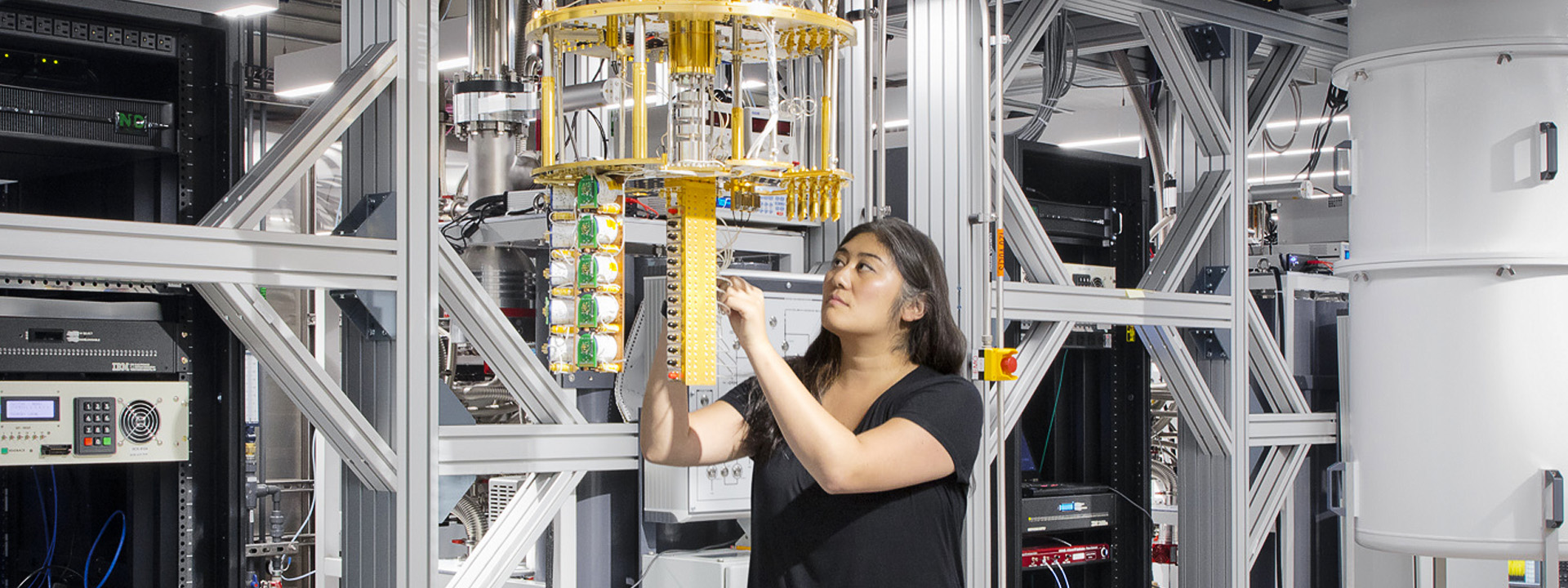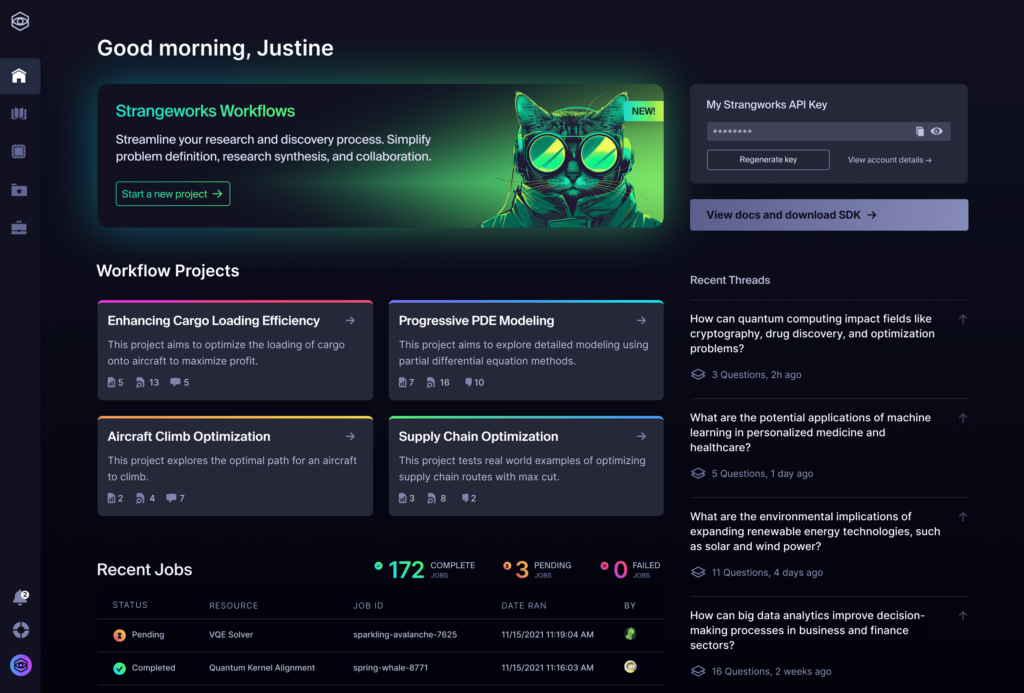Insider Brief
- Bosch is set to join the IBM Quantum Network as the two companies partner on strategic quantum computing engagement.
- IBM and Bosch experts will work together investigate and develop the use of quantum computing in the material sciences.
- The IBM Quantum Network currently has more than 200 organizations, including Fortune 500 companies, startups, research centers and educational institutions.
- Image: IBM
PRESS RELEASE — IBM and Bosch announced that they are partnering on a strategic quantum computing engagement. As part of this engagement, Bosch will also join the IBM Quantum Network. Experts from both companies will work jointly to investigate and further develop potential applications of quantum computing in the field of material science. The IBM Quantum Network currently has more than 200 organizations, including Fortune 500 companies, startups, research centers and educational institutions. Together, its members and IBM Quantum teams are exploring how quantum will benefit a variety of industries and disciplines, including finance, chemistry, and artificial intelligence.
Bosch, a leading global supplier of technology and services, will gain access to IBM’s quantum technology and Qiskit Runtime as a service, over the IBM Cloud. Bosch brings in its many years of experience in the field of materials simulation with conventional computers in an industrial environment and its ability to mass-produce high technology. IBM will provide its quantum computing technology and expertise in the development of quantum algorithms and industry-specific implementations.
With its activities in the field of electromobility, Bosch brings in a concrete application in which quantum computers may soon offer a significant advantage over conventional computers in discovering and designing new materials. New materials are decisive to achieve higher energy efficiency and reduce consumption of natural resources. Most functional materials relevant for fuel cells, batteries, electric engines, or advanced sensors contain strongly correlated electrons; classical computers are not able to calculate the properties of these materials with sufficient accuracy. IBM and Bosch will jointly develop robust and powerful quantum algorithms for industrial applications in this area.
The joint work has already started by laying the foundations for algorithms and workflows which enable computational materials design of industry-relevant materials on quantum computers. Early results are promising; these include moving towards more realistic models, beyond common approximations in solid-state physics such as the single-band Hubbard model, and scaling them toward system sizes of interest.

The work will explore how significant reductions of development time and cost as well as discovery of new material classes may be enabled in the future. For instance, improved perovskite phase stability diagrams for fuel cells, enhanced defect engineering for sensing, realistic catalytic and reaction rates, and predictable magnetic properties may eventually become possible.
“For Bosch, materials for applications in the fields of electromobility, renewable energies and sensor technology play a particularly prominent role here,” explains Thomas Kropf, head of Bosch Research.
“Quantum computing supports the targeted use of resources and thus can be an important building block to achieve climate and sustainability targets”, says Kropf.
“Even simple models of real materials tend to quickly become intractable for classical computers to simulate. That’s why Bosch’s collaboration with IBM, as well as the extended IBM Quantum Network on quantum computing research is so important. We will work together on addressing a wide range of materials science problems, in the fields of electromobility, renewable energy and sensor technology. Our team is looking forward to collaborating with Bosch,” said Scott Crowder, Vice President, IBM Quantum Adoption and Business Development.
IBM has laid out a roadmap to advance quantum computing in three key areas: hardware, software and ecosystem development. The company announced the deployment of its 433-qubit “Osprey” processor at the annual IBM Quantum Summit as another step in its roadmap towards a 4,000+ qubit-powered systems, built with multiple clusters of modularly scaled processors, by 2025.
If you found this article to be informative, you can explore more current quantum news here, exclusives, interviews, and podcasts.



















